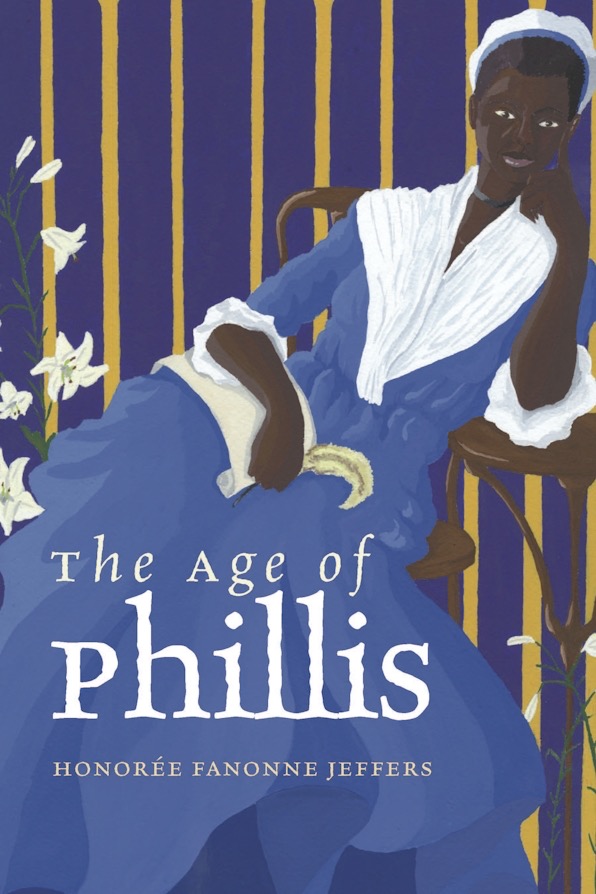Though Phillis left a rich paper trail of poems and letters, she never recorded her own account of her life, and, in her writings, which brim with her spiritual and political ideas, biographical details are sparse. For those, scholars have had to rely on a memoir published in 1834, fifty years after the poet’s death, by Margaretta Matilda Odell, a white woman who claimed to be a “collateral descendant” of Susanna Wheatley. Odell is the source, for instance, of the slave-market scene, describing the “poor, naked child” with the “modest, unassuming demeanor, which first won the heart of her mistress.” Odell’s narrative, as the scholar Eileen Razzari Elrod has observed, reads like a sentimental novel. Phillis goes from a vulnerable orphan “beguiled”—not abducted or enslaved—“from the hut of her mother” to a submissive protegée redeemed by Christian kindness and her “benevolent mistress,” and then to a fallen woman seduced by an evil Black man.
Odell neglects to mention the horrors of Phillis’s transatlantic journey, and she finds no fault with the Wheatleys’ treatment of those they enslaved. (Phillis was separated from the rest of the family’s slaves, and told not to associate with them.) And Odell’s Phillis is distinctly lacking in agency. She seeks neither publication—her poems are simply “given to the world”—nor manumission. “The chains which bound her to her master and mistress were the golden links of love, and the silken bands of gratitude,” Odell writes. In this telling, Phillis’s enslavement is an idyllic period—a rescue, even—and her freedom, the result of familial loss, brings with it the most dangerous, oppressive circumstances of her life. After the Wheatleys’ deaths, she is “left utterly desolate,” vulnerable to the charms of John Peters, who “quite acted out ‘the gentleman,’ ” and who is “both too proud and too indolent to apply himself to any occupation below his fancied dignity.” Phillis, Odell asserts, never took his name. She claims that Peters abandoned his wife and children in “squalid poverty,” and that, after their deaths, he moved to the South. (In fact, public records show that he stayed in Boston—and, after digging himself out of debt, he may even have been the same John Peters in Suffolk County who ran for senator in 1798.)
Odell’s many errors were repeated for decades, shaping receptions of Phillis through the nineteenth and twentieth centuries. But a new book, “The Age of Phillis,” by the poet and professor Honorée Fanonne Jeffers, presents a different story. Jeffers suggests that Odell’s memoir created a “pesky ‘House Negro’ narrative” that framed Phillis Wheatley as domestic, apolitical, and acquiescent. Frustrated that literary history entrusted the story of America’s first Black poet to a white woman, Jeffers spent years hunting through Massachusetts archives. When she came across the census record showing Peters in Boston after Phillis’s death, she had a realization: “Maybe he hadn’t abandoned her. Maybe Odell had misrepresented their relationship.” And if Odell had misrepresented the relationship between Phillis and her husband, maybe she had misrepresented the relationship between Phillis and her owners. “Maybe,” Jeffers writes in her afterword, “I should have been viewing Odell’s biography with skepticism.”
